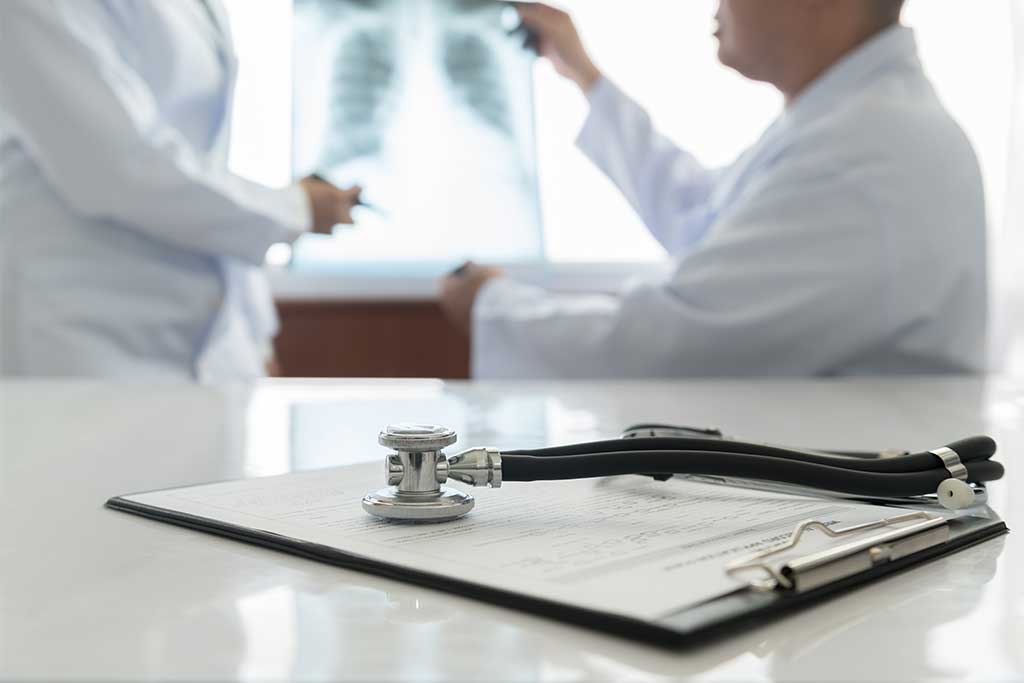
What Is Clinical Research?
Normal visits with your doctor include the diagnosis and treatment of your current illness. Clinical Research is the backbone of this process, where centers like Palmtree Clinical Research, Inc. (PCR, Inc.) conduct studies to gather new knowledge about your medical conditions and advance treatments for individuals just like you.
During clinical trials, researchers learn how a new treatment works and its safety. These treatments consist of new drugs, combinations of drugs, devices, procedures, and diagnostic tools. The drive for improving your treatment options is the foundation at PCR, Inc. As a community based facility, our physicians find alternative treatment options to improve their patient’s care. Working with PCR’s research staff, they are able to explore these new treatment options, providing important data to advance medications, devices, and diagnostic tools.
Palmtree Clinical Research, Inc. conducts clinical studies, which include interventional, observational and prevention trials.
Find out more at In Interventional Studies, also known as Clinical Trials, patients receive interventional care, which may involve the use of a medication or the use of a medical device for a specific health indication. Interventional studies may also include a procedure or a change in the patient’s normal habits, such as a change in exercise and/or diet.
In Observational Studies, patients will receive no interventional therapy such as medication, medical device, or procedures. The patient will only be observed to assess health status as part of the standard of care.
Prevention trials test new approaches such as medicines or vaccines that researches believe may lower the risk of the onset of a disease.




Safety
According to the U.S. Food and Drug Administration (FDA), the FDA “is responsible for protecting the public health by assuring the safety, efficacy and security of human and veterinary drugs, biological products, medical devices, our nation’s food supply, cosmetics, and products that emit radiation.” U.S. Food and Drug Administration. (2013, September 19).
Find out more at http://www.fda.gov/aboutfda/whatwedo
Clinical trial volunteers are protected by regulations set forth by the FDA and the global International Conference on Harmonization of Technical Requirements for Registration of Pharmaceuticals for Human Use Good Clinical Practices (ICH GCP).
During enrollment in a clinical trial, the health and safety of the volunteer is monitored by healthcare professionals, which include but are not limited to: a qualified healthcare provider and research site staff; medical monitors who review the safety data; and a centralized Independent Ethics Committees and Institutional Review Boards whose role is the protection of Human rights and safety of clinical trial volunteers.
Benefits/Risks
While all clinical trials are different, volunteers could potentially benefit from receiving medical care and therapy for their specific indication and also be actively involved in their health status.
Common risks may include known and unknown side effects of drugs. In certain studies that incorporate a placebo, there is the potential that the volunteer would not receive the experimental therapy. While this may sound scary, the patient is monitored throughout the study and may choose to discontinue participation at any time. The physician conducting the study may also decide to discontinue the patient’s enrollment if their health status declines at any point. The patient’s safety is always of primary concern.
Additional risks would also depend on the type of clinical trial. Some clinical trials may require additional tests to be performed, which may include blood samples, tissue samples, X-rays, and additional invasive & non-invasive procedures.
